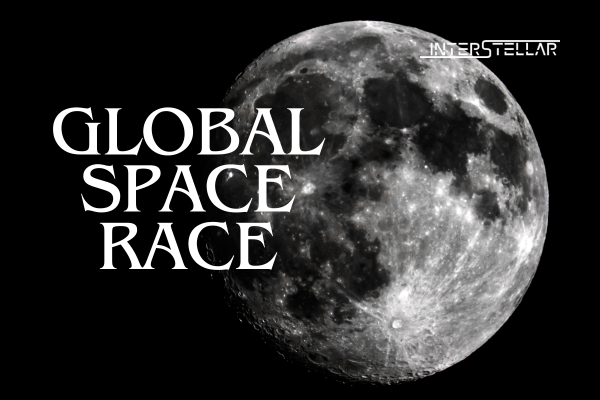Space Agencies Gather in Milan Amid Growing Geopolitical Rivalry
This week, the world’s space agencies are meeting in Milan as geopolitical tensions drive a new race in Earth’s orbit and on the Moon. Private companies, led by Elon Musk’s SpaceX, are playing a significant role in this renewed space competition.
The International Astronautical Congress (IAC), an annual event since 1950, brings together scientists, engineers, and political leaders from spacefaring nations. Even in times of geopolitical strain, the congress remains a platform for discussions about cooperation. This year, however, Russia’s Roscosmos will be notably absent, reflecting the isolation that followed Moscow’s 2022 invasion of Ukraine.
US and China Take Centre Stage at IAC
The conference will see participation from two key rivals: the US and China. Both nations are competing fiercely to return humans to the Moon this decade. China’s Tiangong space station, which has hosted astronauts for three years, continues to grow as a challenger to the US in space. Meanwhile, NASA’s Artemis moon programme is expanding its coalition, involving numerous international partners.
NASA Administrator Bill Nelson is set to gather support for NASA’s strategy of relying on private companies to replace the ageing International Space Station (ISS). The ISS, a symbol of past space cooperation between the US and Russia, is scheduled to retire by 2030. NASA aims to maintain a strong presence in low-Earth orbit while developing plans for lunar exploration.
Europe’s Evolving Space Priorities
At the IAC, European nations are rethinking their approach to space exploration. Italy, a major contributor to the European Space Agency (ESA), is in the process of approving its first legislative framework for the space industry. This framework will set rules for private investment and sustainable space usage.
Europe has faced challenges since cutting ties with Russia, whose Soyuz rockets played a key role in launching European missions. After a long break, Europe returned to space in July with a test flight of its Ariane 6 launcher, but capacity remains limited.
SpaceX’s dominance, particularly with its Falcon 9 rocket and Starlink satellite network, has also pushed Europe to adjust its priorities for satellites and launch vehicles. European companies like Airbus, Leonardo, and Thales are in early talks to combine their satellite operations, seeking to strengthen their position in the global space race.


